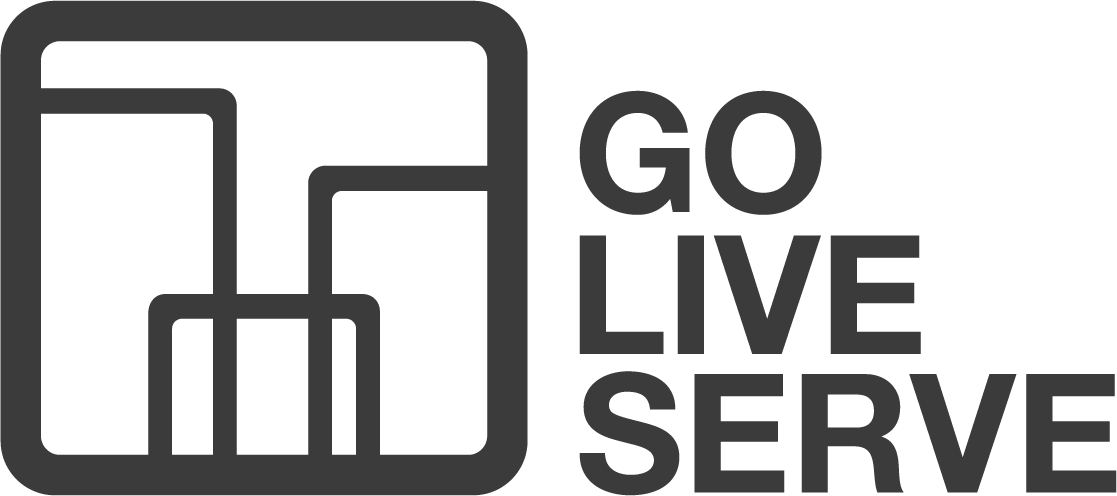Re-imagining the Future of Work
Co-founder & CEO at Chargifi, Dan Bladen, is one of 3 panelists speaking on "Exploring the Impact of Digital Work" during Work as Globalocal Mission 2021. As a believer and innovator in the future of work space, Dan discusses how he's approached the very real need of empowering companies and teams to adopt hybrid work solutions through the lens of making kingdom impact.
Discussion Questions
Contributor: Alex Shih, Product Leader at Slack
Dan shares that over the last 18 months, Chargifi (now rebranded as “Kadence”) has lived the transition to hybrid work firsthand, pivoting from building a business-building wireless charging product to building an operating system for hybrid work. How has your company or organization changed the way they’ve worked through the pandemic? How have they fostered a greater sense of “team”? What about your church or small group? Of these, are there any relevant practices you can see your church or small group adopting from your organization, or vice versa?
Dan says that with the prevalence of wifi and supercomputers in the past decade, we no longer have to go into a physical work space to do our work. In fact, the workplace has shifted from the platform for work to a tool that helps us get work done. How have you experienced the trend towards remote or hybrid work in your workplace? What is the relevance of a physical place to your current work or role?
According to Dan, having the platform for work shift from a space-centric (office) to a time-centric (working week) platform impacts our work-life balance. Has work taken a bigger or smaller role in your life during the pandemic? Have you been able to create more or less boundaries? How has your way of working affected your ability to be present to your family or personal life? If you are in a remote or hybrid work model, how has going into the office less frequently impacted you?
Dan says servant leadership is a crucial piece of current work culture. In fact, the pandemic has made it so that it’s now management’s job to help their people flourish. A key part of this is giving people flexibility, for instance through transitioning to a hybrid or remote model or by empowering HR teams to create toolkits that enable people to do their best work. Through the pandemic, how have you approached leadership and/or experienced leadership from the managers at your organization? How does Jesus’ model compare or contrast with this? How can we translate Jesus’ example to this cultural or corporate moment?
Dan shares that our work won’t make sense unless we place it in a story. We have the greatest example in Jesus, who set an amazing mission, vision, and values for the church: the most remote and distributed organization in history. His management team had no central meeting place, but were infectious in their enthusiasm for his mission. Likewise, we as Christians can communicate our mission, vision, and values in a way that inspires others. What do you think Jesus’ mission for your work is? How do you communicate these to others? How might God be inviting you, as a kingdom-bearer, to bring order out of chaos--to use the materials of your work to help others flourish--in this season?
